Payroll Protection Program - Round 2
The Consolidated Appropriations Act, 2021 (CAA 2021) dated 12/27/2020 provides additional funding for a second round of Paycheck Protection Program (PPP) loans, as well as additional guidance on the original PPP loans. Second round loans (PPP2 loans) are available through 3/31/2021 (or until funding is exhausted) to eligible entities (the definition of eligible has also been expanded) that had a decline in gross receipts during the first, second, third, or fourth quarter of 2020 by 25% or more when compared to the same quarter in 2019. Entities that received original PPP loans are eligible to apply for PPP2 loans if they meet the above criteria and have used the full amount of the original loan prior to disbursement of the second loan.
The maximum loan amount is the average monthly payroll costs multiplied by 2.5 or 3.5 for certain businesses), but the loans are capped at $2,000,000 for round 2 borrowers. For most first-time borrowers the calculation of the maximum loan amount is unchanged.
CAA 2021 made several retroactive modifications to the rules applicable to original PPP loans:
A simplified loan forgiveness application is provided for loans less than $150,000.
The requirement that PPP borrowers deduct the amount of any EIDL advance from their PPP forgiveness amount is repealed.
Amounts are set aside to support first- and second-time PPP borrowers with 10 or fewer employees, first-time borrowers that have recently been made eligible, and for loans made by community lenders.
Expense categories have been expanded to include covered operations expense, covered property damage cost, covered supplier cost, covered worker protection expenditures, group life, and disability insurance benefits. This change could potentially increase loan forgiveness for some borrowers, so businesses may consider waiting to apply for forgiveness until updated forms Expense deductions funded with PPP loans.
Additionally, CAA 2021 addressed the tax treatment of expenses funded with PPP loans. This topic had been a hot issue for several months and the outcome was eagerly awaited due to the tax implications of the original IRS and Treasury Department positions. In an override of the IRS and Treasury Department, CAA 2021 provides that businesses can deduct expenses funded with PPP loan proceeds. CAA 2021 clarifies that “no deduction shall be denied, no tax attribute shall be reduced, and no basis increase shall be denied” by reason of the exclusion of loan forgiveness from taxable income. CAA 2021 also clarifies that, in the case of a partnership or S corporation, the excluded loan forgiveness income shall be treated as tax-exempt income that is allocated to the partners or shareholders which means that pass-through entity owners will not be indirectly harmed by having to reduce their basis in the pass-through entity because of the PPP loan.
PPP2 applications are not yet available but are expected to be available the second week of January. Please check the SBA website (www.sba.gov) for further updates. Also, check with your lending institution for additional guidance on the application and forgiveness processes.
Employee Retention Tax Credits Expanded & Extended
The CoronaVirus Relief package, formerly known as the Consolidated Appropriations Act (CAA), was signed into law on December 27, 2020. In addition to funding a second round of PPP loans, the CAA modified the refundable payroll tax credit created by The CARES Act. One of the more significant modifications removes the restriction for employers that received PPP loans to claim the retention credit and made it retroactive to the effective date of the CARES Act. Under the modified rule, eligible employers can now claim the employee retention credit on any eligible wages not used to support PPP loan forgiveness and any wages that could count toward both provisions can be applied to either, but not both, at the election of the employer. By doing this, employers can now maximize both their PPP loan forgiveness and employee retention credit. This retroactive change to the retention credit, particularly with respect to PPP loan recipients, creates an immediate refund opportunity for some employers.
The employee retention credit was set to expire on December 31, 2020; however, the CAA extended the credit effective through June 30, 2021. For 2021, the credit has also increased from 50% to 70% of up to $10,000 of qualified wages paid per quarter. The gross receipts test for determining employer eligibility was also reduced from a 50% decline to a 20% decline.
Massachusetts Sector-Specific Relief Grant Program
Massachusetts has recently announced a $668 million program availble through its Massachusetts Growth Capital Corporation. Applications are being accepted through January 15, 2021.
Who Should Apply:
Preference will be given to the following sectors:
Priority Categories:
Restaurants, bars, caterers, and food trucks that collect and remit meals tax
Indoor Recreation or Entertainment Establishments
Indoor entertainment establishments (e.g. movie theaters, comedy clubs, performing arts venues/organizations)
Indoor recreation (e.g. arcades, bowling centers, pool/billiard halls, escape-the-rooms, trampoline parks, roller-skating rinks)
Indoor spectator sports venues
Other indoor recreation or entertainment venues
Gyms or Fitness Centers
Gyms, athletic clubs, exercise centers, health clubs
Sports facilities (e.g. tennis clubs, racquetball clubs, hockey rinks, swimming facilities)
Fitness instruction centers (e.g. aerobics, dance, yoga, karate, etc.)
Other gyms or fitness centers
Personal Services
Nail salons, barber shops, etc.
Independent pharmacies
Event Support Companies - primary source (more than 50%) of revenue is event-related
Photography studios, videography studios, florists, limo services, event planning companies, event rentals, performers, convention and trade show organizations
Independent Retailers
Businesses with brick and mortar locations that collect and remit sales tax
Non-Priority Categories:
All other eligible business types
Additional information can be viewed at: https://www.empoweringsmallbusiness.org/





